SDG REPORT 2024
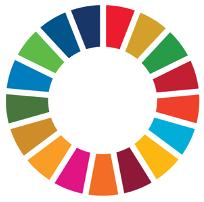
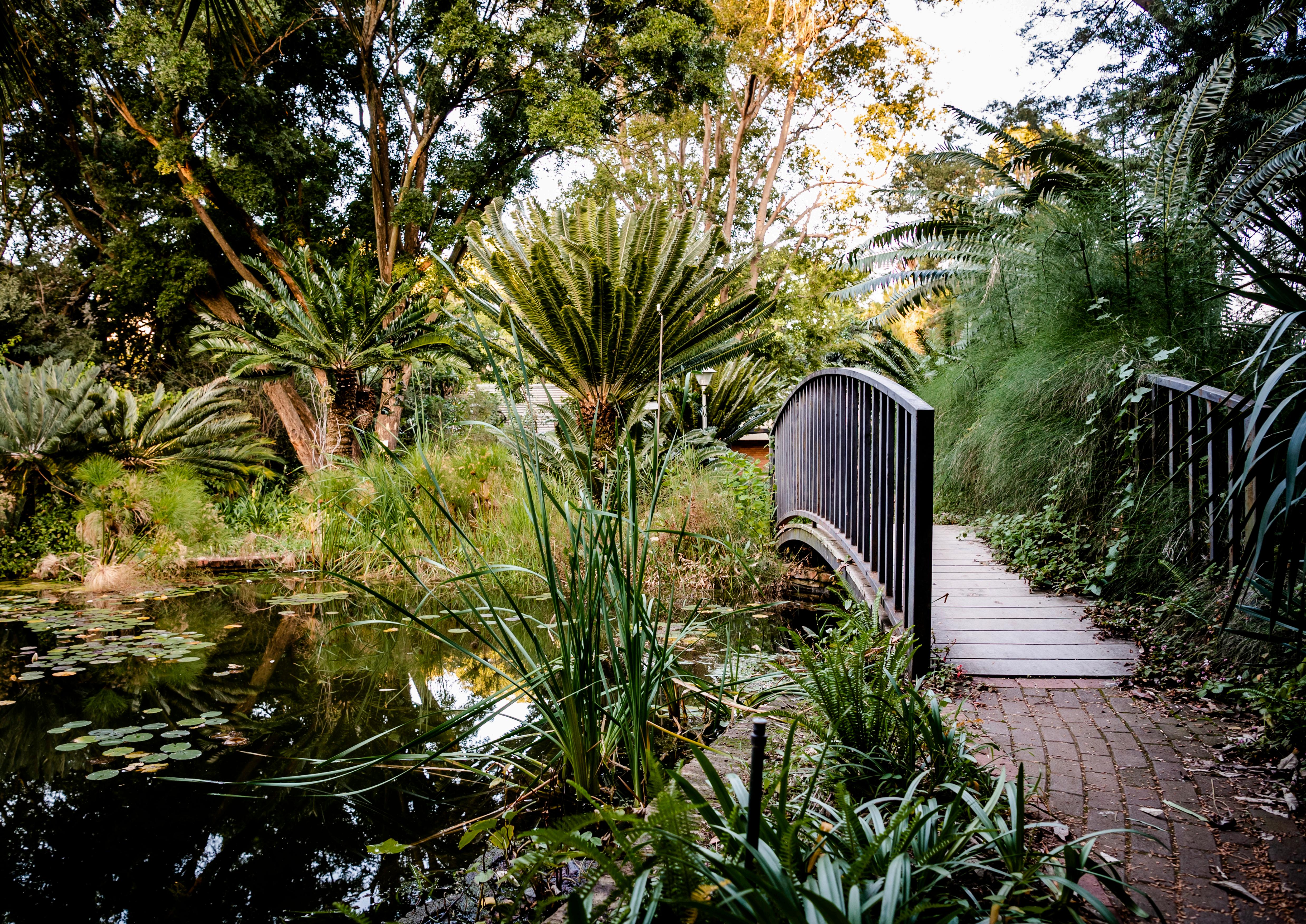
A supplement to the UP 2024 Sustainable Development Report
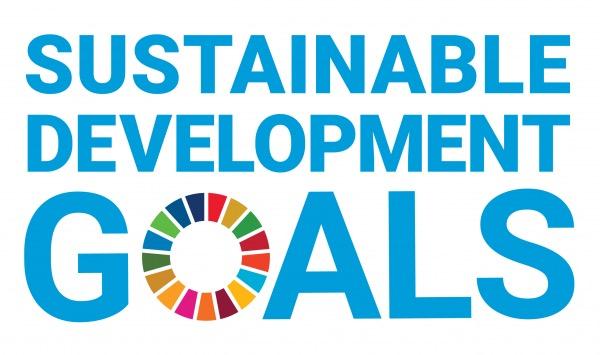
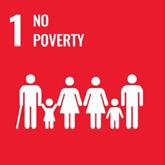
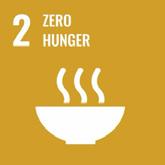
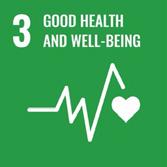
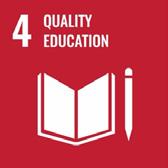

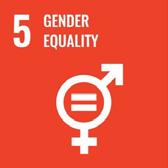
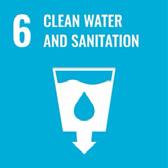
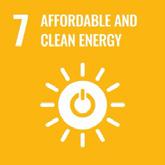

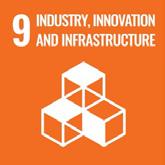
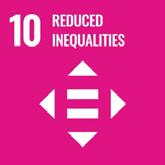
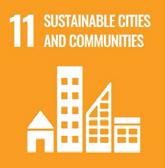
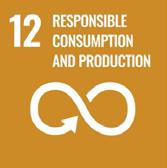



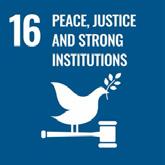
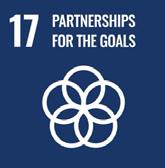




A supplement to the UP 2024 Sustainable Development Report




















The University of Pretoria (UP) is recognised as a top-tier South African university. As a leading traditional university, and compared to our counterparts, UP has the largest proportion of academics who hold a PhD qualification (73%), the most National Research Foundation (NRF) rated researchers (593) and the highest contact student enrolment.
In 2024, the Times Higher Education (THE) Subject Rankings and QS World University Rankings recognised UP as the top-ranked university in South Africa for accounting and finance, economics and econometrics, electrical and electronic engineering, law, mathematics, mechanical engineering, and veterinary science. The UK’s Financial Times also ranked GIBS as one of the world’s leading business schools (#32). In addition, UP is the only South African university ranked in the 2023 World University Rankings for Innovation.
It is our strategic intent to contribute to positive societal impact. Given that the UN Sustainable Development Goals (SDGs) serve as a global consensus of desired societal impact, our practices and actions are well aligned to the goals.
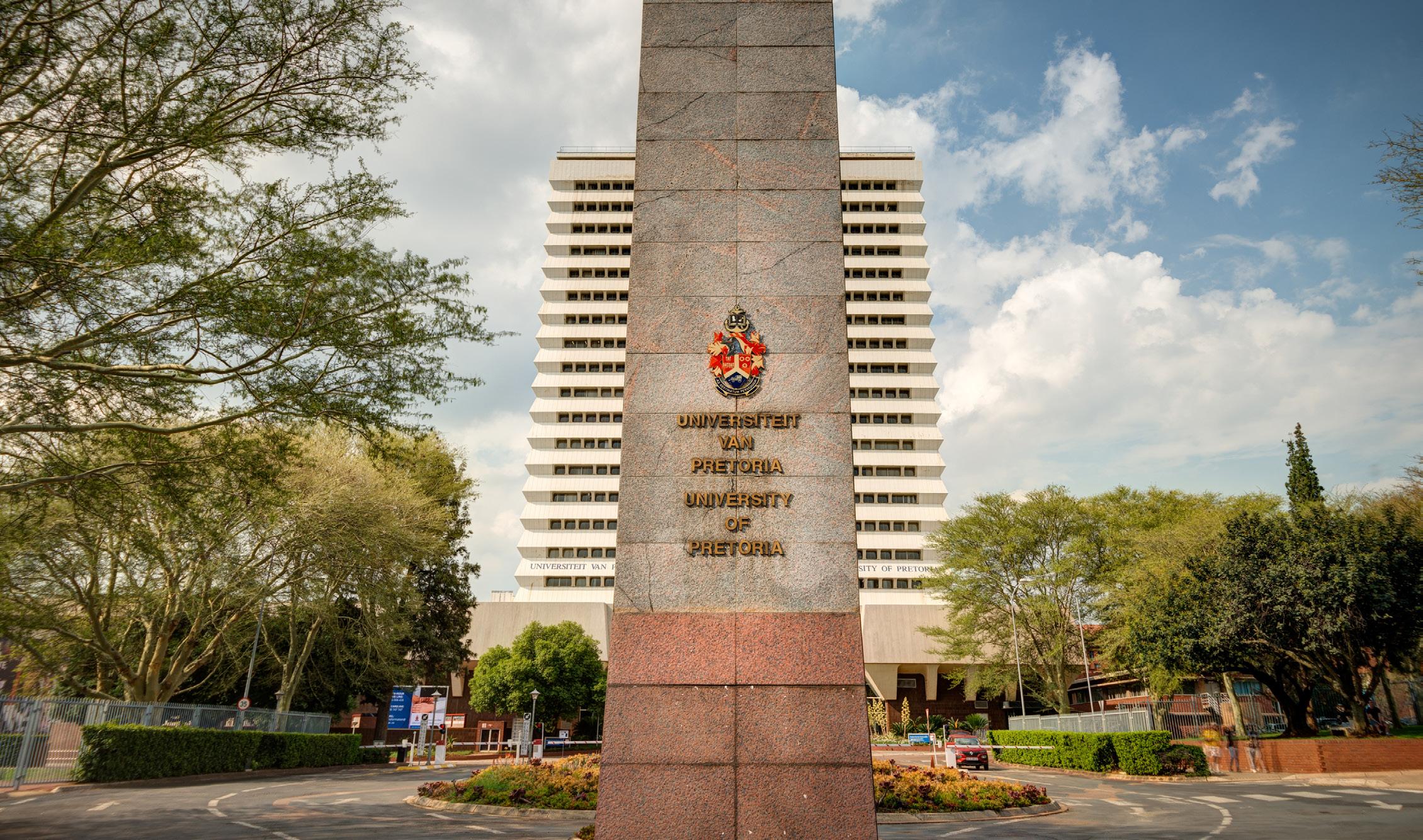
This SDG report is a supplement to, the UP 2024 Sustainable Development Report and should be read in conjunction with it.
As articulated in the flagship UP Sustainable Development Report, the principles and practices of sustainable development are fully integrated into our institutional strategy. This determines the University’s overarching approach to advancing sustainable development. On the back of this foundation, we readily demonstrate our alignment to and interfaces with all 17 SDGs. In many cases there are interfaces with clusters of SDGs, rather than with discrete goals.
Overall, our strategy is not driven by the SDGs. Nonetheless, due to the sustainable development foundation of our strategy, it can be readily linked to discrete and/or clusters of SDGs.
As the goals represent a globally agreed upon set of aspirations, it is important to foreground and reflect on our engagement with the SDGs in a dedicated way. This SDG Report seeks to do that, drawing on content from the Sustainable Development Report and presenting a narrative organised along the lines of individual SDGs.
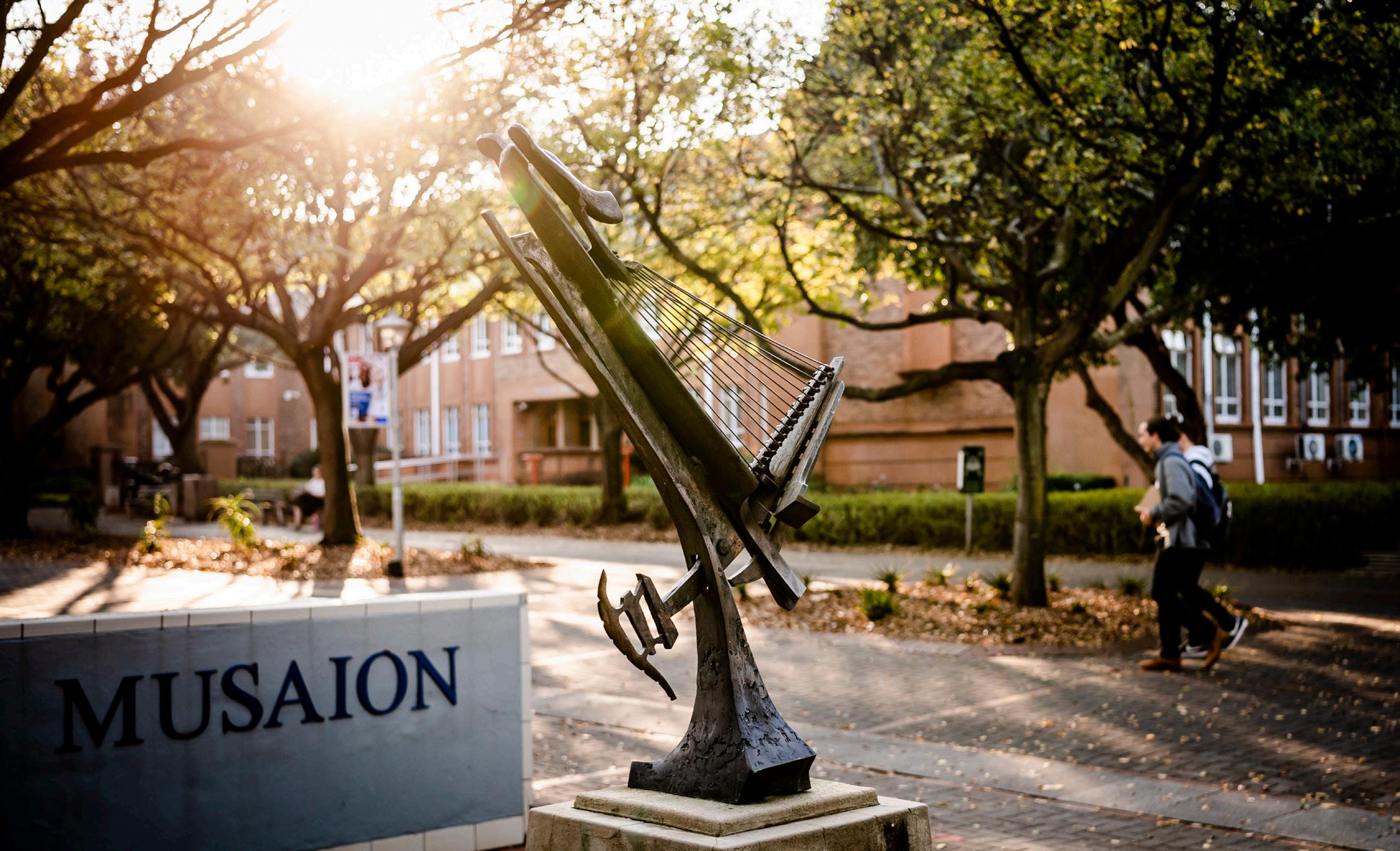
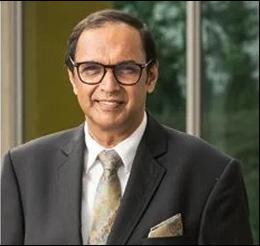
Vice-Principal: Research, Innovation and Postgraduate Education
This year, we are continuing the practice of developing the University of Pretoria’s SDG Report as a supplement to our more detailed Sustainable Development Report.
Our intent to use sustainable development as the anchor for both our institutional strategy and sustainable development reporting is intentional. This approach enables us to give better expression to our identity as a university and enables versatility as global and continental frameworks evolve.
At the same time, the currency the SDGs have as a globally agreed set of aspirations help to provide direction in our pursuit of positive and enduring societal impact.
While both reports are intimately linked and the flagship report demonstrates how our activities are linked to the SDGs, there is clearly further value in having a dedicated look at our contributions per SDG.
Doing so allows us to map our overall, as well as discrete, engagement with the SDGs. This gives us a sense of the overall alignment of efforts to our strategic priorities, our relative efforts towards each goal and the identification of gaps in both alignment and discrete efforts.
At a high level, it is clear that we are engaging meaningfully across all 17 goals. Looking at our discrete engagement, we can also see that we have different levels of maturity at the individual goal level.
Going forward, we will continue to consider the best level of maturity to strive for with regard to each SDG. We will also use this process to strengthen our foundation in anticipation of what may come after 2030.
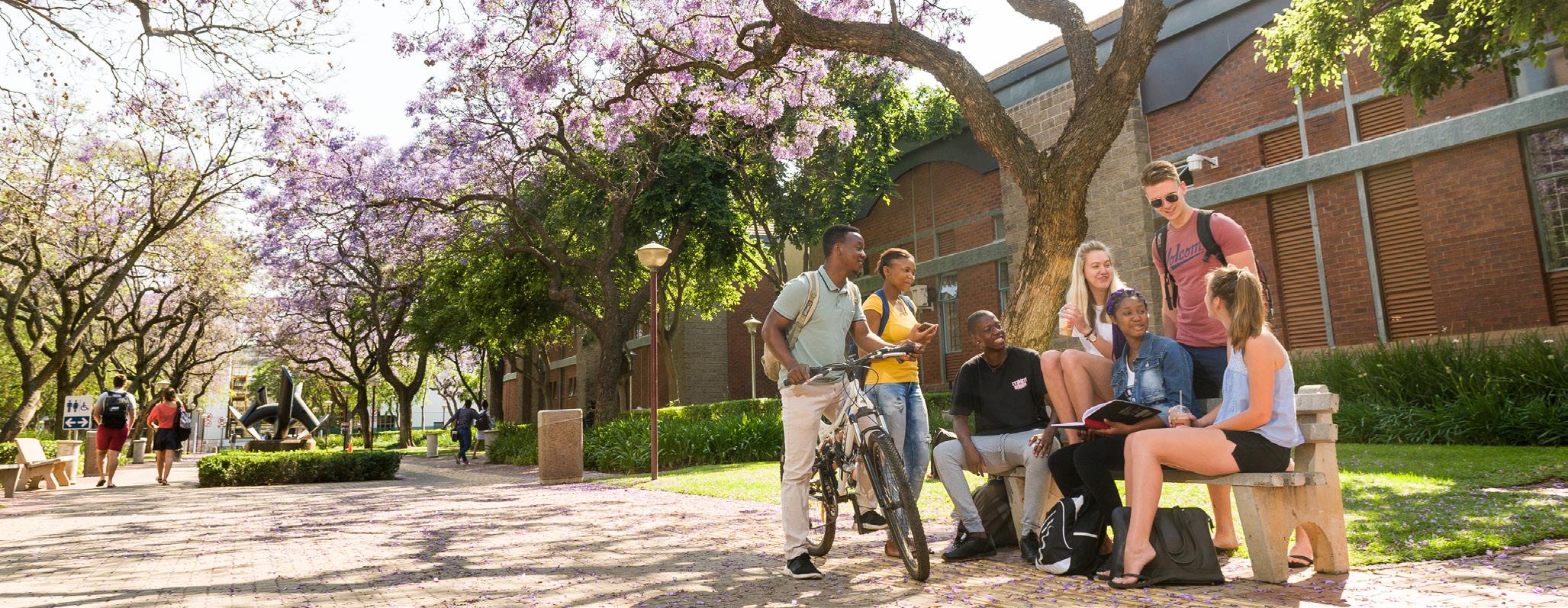
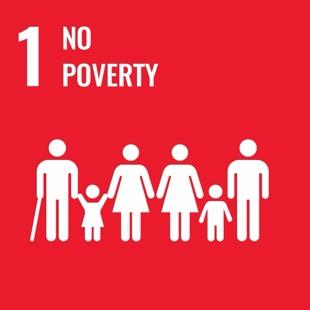
Scholarly output for SDG 1 1 1 1 2 3 4 5 6 7 9 10 11 12 13 14
Higher education in South Africa is expensive, with an average inclusive monthly cost of R19 000 for an undergraduate BSc, BA, BEng or BCom degree at a contact university. The University of Pretoria provides or coordinates access to funding through a range of financial aid schemes.
Broad bursaries and financial aid schemes across South Africa include the Ikusasa Student Financial Aid Programme (ISFAP), and the National Student Financial Aid Scheme (NSFAS).
Dedicated to the University of Pretoria, students have access to the Dell Young Leaders Scholarship and the Sikelela Scholars programme, both supported by the Michael and Susan Dell Foundation. The Dell Young Leaders Scholarship is open to students at UP, the University of Cape Town and Stellenbosch University.
The Sikelela Scholars programme provides University of Pretoria students who qualify for financial aid with personalised guidance to reach graduation. An oncampus team integrates technologies developed for the Dell Young Leaders programme to proactively identify student needs and connect students to the necessary university resources for success.
The Vice-Chancellor’s Distinguished Merit Award (VCDMA) covers tuition fees for three years for the new first-year student who has achieved the highest overall average from a Quintile 1 or Quintile 2 school (the bottom 20% of household income groups).
is the most embedded SDG in UP curricula
The UP initiative to explore the extent of sustainable development and SDG embedding within curricula is undertaken as a collaborative effort between the Departments of Institutional Planning, Monitoring and Evaluation and Student Affairs.
The exploration covered four thematic approaches:
• Employing advanced analytical techniques to classify and link modules to SDGs.
• Evaluating the overall impact of SDG integration within academic modules on raising awareness of the goals and advancing sustainable development.
• Investigating the sharing of modules across faculties to highlight opportunities for inter- and transdisciplinary collaboration.
• Revealing flagship academic programmes that demonstrate strong links with specific SDGs or SDG clusters.
The clustering of sustainability and SDG related terms demonstrates that UP’s academic offerings already reflect a diverse engagement with SDGs.
Of note, a focus on SDG 1 was evident in more academic programmes than any of the other SDGs. Furthermore, SDG 1 was the most frequent goal addressed in modules shared across the faculties of Humanities, Engineering, Built Environment and Information Technology (EBIT), Natural and Agricultural Sciences and Economic and Management Sciences.
Providing free legal services to the indigent
Legal issues that are not addressed can serve as powerful barriers to escaping poverty.
The University of Pretoria Law Clinic, which was established in 1980, provides free, quality legal services to the indigent and superior clinical legal education to final-year law students. It is a statutorily recognised legal aid clinic in terms of the Legal Practice Act, 28 of 2014 (as amended) and duly certified and accredited as such by the Legal Practice Council.
As one of the largest and most active University Law Clinics in South Africa, attorneys and candidate attorneys are assisted by students and provide pro bono legal services, in both litigious and non-litigious matters, to more than three thousand clients per year.
In addition to community outreach, all final year law students are equipped with applied competencies.
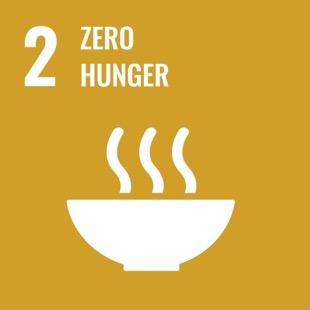
A key collaboration of the ARUA-SFS is with Food Systems Research Networks for Africa (FSNet-Africa). The project seeks to strengthen food systems research capacity and the translation of evidence into implementable policy solutions and practical interventions. The major contribution of FSNet-Africa is its focus on developing a new understanding of African food systems through the FSNet-Africa Food Systems Framework. Utilising systemsbased methodologies, the framework identifies and enables levers for food systems transformation. 1 1 1 3 4 5 6 7 10 11 12 13 14
Severe food insecurity is a psychological stressor which contributes to difficulty in studying and high attrition rates at universities, with affected students unable to realise their full potential.
A 2018 food security survey indicated that 41% of UP students faced food insecurity. Subsequently, a range of linked initiatives have developed, with the primary one being the Student Nutrition and Progress Programme (SNAPP) championed by UP’s Department of Student Affairs.
Several other initiatives feed into the SNAPP, one of which is the Phahama Feed-A-Student initiative. Phahama UP Alumni is a registered University of Pretoria (UP) alumni club that mobilises professionals for corporate social investment (CSI), business and professional networking, and investment ventures. Launched in 2021, the Phahama Feed-A-Student initiative helps alleviate food insecurity among UP students. It is undertaken in partnership with the Alumni Relations Office and supports the SNAPP.
To fund the initiative, alumni contribute through any of four mechanisms: a monthly financial contribution; adopting a student enrolled into SNAPP; donations of non-perishable food items; or corporate monetary donations.
The initiative represents giving back to support those who follow.
The African Research Universities Alliance (ARUA) Centre of Excellence in Sustainable Food Systems was established in 2018 as a partnership between the host institution – the University of Pretoria – and collaborating partner institutions – the University of Ghana and University of Nairobi.
The ARUA-SFS aims to create an engaging global network of talented researchers to move institutions forward in pursuit of a common goal. It is recognised that finding solutions to food security and nutritional challenges in Africa is a huge and daunting task, and there are many local and internationally based organisations working in the African food and agriculture domain. The aim of the ARUA-SFS is not to duplicate efforts, but to create a critical mass of talented researchers working synergistically to maximise complementarity.
Graduates in agriculture
Graduates in agriculture, an important focus of UP’s Faculty of Natural and Agriculural Sciences, play a vital role in contributing to SDG 2.
By equipping students with the necessary knowledge, skills, and innovative approaches, these graduates become pivotal agents of change in addressing food security, enhancing agricultural productivity, and ensuring sustainable food systems. They actively engage in research and development, helping to find solutions to pressing agricultural challenges, such as climate change, land degradation and water scarcity.
Furthermore, their education enables them to work collaboratively with local communities, government agencies, and international organisations, ensuring that agricultural practices are both environmentally sustainable and socially inclusive.
Scholarly output for SDG 2
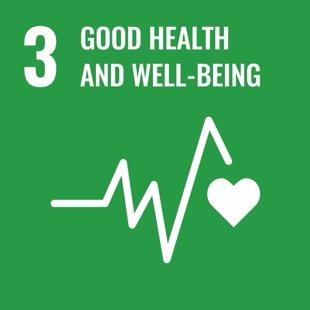
1 1 1 4 5 6 7
The health and well-being of staff and students are a high priority for the University. This entails ‘feeling good’ and ‘functioning well’ - both physically and emotionally. For staff, free services are made available through the Employee Well-being Programme (EWP@UP). The programme consists of Employee Assistance and Wellness as described in previous reports. During the year, EWP@UP additionally hosted workshops on “Effective Workplace Relations” and “Mindfulness for busy people”. The workplace relations workshop served to to equip UP employees at all levels to conduct their workplace relationships efficiently, while the mindfulness workshop explored simple practical steps for applying the principles to everyday life.
Student health and wellness services are provided through Student Health Services, the Student Counselling Unit and the Student Development and Disability Unit. A wide range of services is covered, including free access to sexual and reproductive care and support for mental health and well-being.
UP’s TuksSport is recognised as a leading university sports programme in Africa, and has a rich heritage and culture that continue to evolve in dynamic ways. As the professional support department responsible for sport at UP, TuksSport is a platform for promoting healthy lifestyles and push boundaries in sports performance and student well-being.
Defeating cancer together: Advancing integrated health equity in Africa
Cancer is a growing public health crisis in sub-Saharan Africa, where the rising incidence rate is driven by a combination of infectious diseases, environmental exposures and social inequalities. Globally, cancer is the second leading cause of death, with nearly 70% of deaths occurring in low- and middle-income countries. In subSaharan Africa, persistent infections such as HIV/AIDS, human papillomavirus and the hepatitis B virus amplify this burden, underscoring the urgent need for equityfocused solutions.
The Pan African Cancer Research Institute (PACRI) was established at UP in 2019 to address this challenge through integrated health equity. PACRI brings together cutting-edge science, clinical care, public health, cultural expertise, patient advocacy and policy engagement in a collaborative model that accelerates translational research and ensures community needs shape scientific priorities.
PACRI’s innovative research integrates genomics, immunomics, the exposome and social determinants of health to understand the complex factors that drive cancer disparities in African populations. Its work spans prevention, diagnosis, treatment and survivorship through interdisciplinary programmes supported by state-of-the-art facilities. The institute is supported by UP, the South African Medical Research Council and the National Research Foundation (NRF).
11
Community-orientated primary care (COPC) embedded into the curriculum
12
With community-oriented primary care, healthcare students have a learning platform that takes them into the streets, homes, childcare establishments and schools where people live, work and play.
13
From 2008, undergraduate medical students at UP have participated in the Longitudinal Community Attachment Programme (LCAS). The LCAS is now part of every academic block from the middle of their first year to the middle of their fifth year of study. Each student is allocated to a specific clinic in Tshwane, Hammanskraal or Metsweding for the four-year period.
14
Students visit these clinics during each block, with activities which enable practical application of the theory acquired in the classroom connected to experiences of the patient context and the healthcare system.
Scholarly output for SDG 3
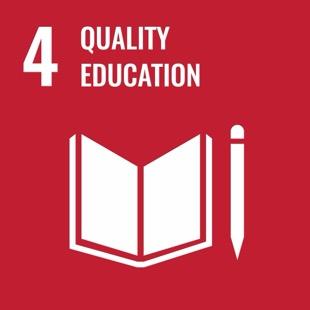
1
Connecting curricula and sustainable development to advance the SDGs
As one of UP’s three core functions, teaching and learning plays a vital role in advancing sustainable development and the accelerated achievement of the SDGs. To create leverage, UP characterises the nature of its contribution at different levels of complexity:
• Inherent contributions from discrete disciplines
• Intentionally connecting sustainable development and the SDGs to curricula
• Moving towards an integrated approach across disciplines for intentional inter- and transdisciplinary work
In 2024, UP embarked on an innovative approach to explore how sustainable development and the SDGS are embedded within the University’s existing modules and programme offerings. Using advanced analytical tools, we interrogated the 2024 faculty yearbooks for undergraduate programmes and the Elsevier database on SDG-linked keywords and topics related to the SDGs. The analysis showed that SDGs and related topics could be mapped, along with the associated intensity of focus.
The mapping covered discrete modules as well as those cutting across faculties. This network visualisation, derived from UP’s curricula, reveals a highly interconnected landscape of sustainabilityrelated themes, with ‘climate-change’, ‘health’ and ‘Africa’ emerging as central nodes..
These nodes can be linked to critical areas such as food security, renewable energy, governance, gender, adaptation, global health and education.
5 6 7
Academic coaches chart a path to success for EMS students
A team of academic success coaches (ASCs) in the Faculty of Economic and Management Sciences comprises four UP alumni with master’s qualifications and backgrounds in psychology and social work. Driven by a sense of purpose to promote student success, these women are well placed to understand student challenges and provide the necessary support.
A key focus of the ASC team is to support a seamless transition for students by taking a holistic approach to well-being. The team promotes a positive university experience and fosters a supportive academic environment that is conducive to learning. To enhance academic progression, the readily accessible team monitors student performance and provides guidance to help them reach their academic milestones.
In an innovative initiative, more than 50 senior students volunteered to help first-year students navigate their academic journey. First-years were equipped with study techniques to tackle high-impact modules that represent critical pathways to degree completion.
The initiative is mutually beneficial as it established peer networks and support groups, fostering a sense of belonging and fulfilment among students.
Community engagement as a catalyst for inter-professional education and practice
13 14
The Integrated Healthcare Leadership 120 module focuses on preparing students to work in interdisciplinary teams and engage with communities. In this way, they gain practical experiences and insights, which equip them with the leadership and teamwork skills needed in their careers. The module brings together students from diverse healthcare disciplines – nursing science, human nutrition, occupational therapy, physiotherapy, speech-language pathology and audiology, and radiography – to learn how to work collaboratively. The module is structured to build their understanding of professionalism and ethics, interprofessional team principles, community assessment and models of care across healthcare systems. The integrated approach breaks down professional silos for enhanced patient outcomes.
Scholarly output for SDG 4
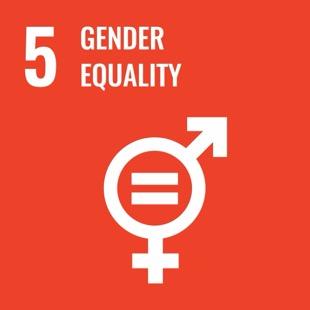
Advancing gender equality in the student body
1 6 7 13 14
The University of Pretoria (UP) has shown a steadfast commitment towards achieving gender equality and empowering all girls and women. Initiatives span enhancing access and progression, to high profile engagements which foreground the voices of women students.
Measures to support student access include a policy for women applications covering general university entry and access schemes as well as access to underrepresented subjects. Testimony to their success, in 2024, women represented 60% of admissions, 62% of all students and 62% of graduates.
During the year the University hosted its 6th Women in Science Symposium at its Future Africa Campus. A highlight of the symposium was the session entitled ‘The future we want – the future we need!’ Featuring three young women – a school head girl, a first-year student and a top student leader – the session acknowledged that, while strides had been made towards addressing gender disparities in scientific fields, these were not enough. The young women called for successful women scientists to help close the gap by interacting with young girls to serve as role models and mentors. These role models are seen as truly inspirational.
Women actively working together to support and help each other to rise will serve to accelerate progress in closing science’s gender gap.
Advancing research on gender inequality and energy transitions through international collaboration
Research teams from UP, Curtin University, the University of Mpumalanga and the Australian National University embarked on a research initiative focused on gender equality and energy transitions.
This interdisciplinary effort, initially led by UP’s Energy Economics Research Unit in the Faculty of Economic and Management Sciences, was awarded a grant from the Partnership & Research Development Fund of the Australia Africa Universities Network. The grant will support the continued development of this important collaboration, which aims to generate impactful research and policy insights at the intersection of gender and energy in both the African and Australian contexts.
Preliminary findings indicate that gender inequality manifests differently in South Africa and Australia because of their distinct socio-economic and historical contexts. Drawing on their similarities and progress with gender equality efforts, both countries have valuable lessons to offer.
The collaboration is exploring how energy transitions can be managed to mitigate inequalities and ensure that women benefit equally from sustainable energy solutions. By addressing the gendered dimensions of energy development and promoting inclusive energy transitions, the project contributes to more equitable and sustainable development outcomes.
Raising awareness on domestic violence among offenders in correctional services.
The Departments of Social Work and Criminology’s module on Crime and Criminal Justice has a community engagement component. For 2024, the project focused on raising awareness and empowering female inmates of the Atteridgeville Gender Responsive Correctional Centre on the issue of domestic violence.
Thirty-one Criminology Honours students gave presentations to approximately 200 women who attended voluntarily. Testimony was also heard from two women who were victims of domestic violence and who subsequently committed an offence leading to their incarceration.
The initiative also gave students the opportunity to learn about the centre and engage with psychologists and medical professionals working with the inmates.
Scholarly output for SDG 5
SDG 5: Gender Equality
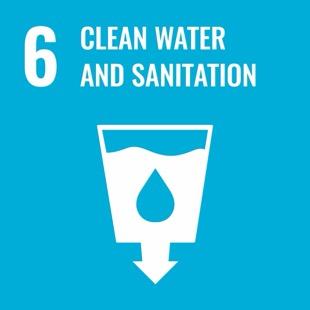
UP continuously adopts innovative strategies to ensure access to safe water, reduce consumption and protect vital water resources.
Rainwater harvesting at UP has been done for several years. An 800 000-litre rainwater harvesting system was installed at the Engineering 1 Building on the Hatfield campus to collect rainwater from the building’s roof and surrounding areas. Harvested water is pumped to the Manie van der Schijff Botanical Gardens for irrigation. At the time of its installation, this system was the largest of its kind in the southern hemisphere.
In 2024, UP took another significant step towards water sustainability by launching a rainwater harvesting project on its Mamelodi campus. The primary goal of this project is to reduce the campus’s reliance on municipal water and promote more sustainable water usage.
This model will be replicated at the Hillcrest Sports Centre, where harvested rainwater will serve as a backup for the building’s sewer system during water disruptions.
UP has also implemented various water-saving solutions, including leak detection sensors and the installation of backup tanks across different campuses.
Over time, the project will be expanded to include stormwater management and attenuation systems.
UP represented at the International Student Symposium on the Sustainable Development Goals
In November 2024, three BSocSci Honours students in Geography and Environmental Sciences attended and presented their final research at the International Student Symposium on the Sustainable Development Goals: Implications for People and Planet, hosted at Unisa, Pretoria.
This interdisciplinary symposium provided a platform for students to showcase their research and reflect on its connections to the SDGs. The event is part of a larger project and a South-South partnership between South Africa and Brazil, offering students the opportunity to network and engage with peers and academics from diverse backgrounds.
Mr Kamvalethu Nyawo presented his findings on the challenges of accessing safe drinking water in Redoubt Village in the Eastern Cape. His research aligns strongly with SDG 6: Clean Water and Sanitation.
The two other students were Ms Chanel Scrooby who presented her research on the impact of events at the National Botanical Garden in Pretoria, and Ms Caitlin Daniels whose work focused on the role of space and its influence on Coloured identity in Cape Town.
The Department of Geography, Geoinformatics, and Meteorology is proud of their contributions to critical discussions on sustainable development.
Sustainable environment and water utilisation processes
The Department of Chemical Engineering in the Faculty of Engineering, Built Environment and Information Technology explores sustainable environment and water utilization processes as one of its four research focus areas.
Research activities in this area cover wastewater treatment and beneficiation using a range of agents, technologies and energy efficient methods; production of clean potable drinking water from industrial wastewater and municipal wastewater; developing monitoring devices or techniques to determine toxic and environmentally unfriendly compounds and substances; and developing and evaluating strategies for the valorisation of waste materials.
The suite of activities play a critical role in effectively conserving water, protecting from contamination and managing waste.
Scholarly output for SDG 6
SDG 6: Clean Water and Sanitation
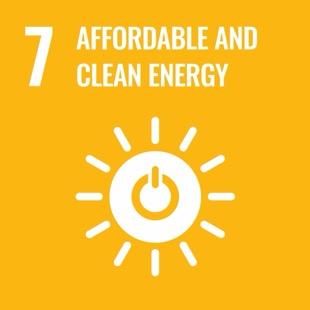
Smart Campus Initiative leads digital transformation at UP
The University of Pretoria is spearheading digital transformation in higher education through a groundbreaking initiative that is set to reshape campus management. Over the past two years, the institution’s Department of Facilities Management has been modernising operations through strategic partnerships and innovation.
At the heart of this transformation is the UP Digital Twin initiative in collaboration with the Department of Architecture and a handful of consultants. It represents a clear example of creating and using knowledge for positive impacts.
Through the initiative, UP is developing virtual, realtime models of its physical assets including buildings, electrical grids and green infrastructure. These digital replicas are integrated with the Internet of Things to enable remote monitoring, management and optimisation of campus infrastructure.
Set for pilot launch in mid-2025, an ecosystem is created where the physical campus seamlessly integrates with its digital counterpart, enabling more efficient management of resources and fostering a sustainable learning environment.
The initiative has advanced significantly, and digital replicas for UP’s property portfolio, tree inventory, and water and electrical distribution systems have been established.
Using energy to make a difference
Energy is not only vital for production; it is also crucial for economic growth, development and good living standards, especially in sub-Saharan Africa. Many see the fact that a relatively big part of the population lacks access to energy as a key factor in our continent’s slow growth. However, the environmental consequences of the heavy use of traditionally dirty fuels have also become undeniable.
This dilemma calls for an approach which considers both economic and environmental views, considering limited global resources, the protection of future generations and the economic impact of our energy choices.
Research from UP’s Department of Economics in the Faculty of Economic and Management Sciences (EMS) takes into consideration not only the technological side of energy but also its socioeconomic aspects. The research covers a range of energy-related issues such as energy poverty; energy efficiency; use of renewable energies; energy pricing; emission profiling; factors determining energy consumption; and the impact of various energy types on the economy primarily in an African and South African context.
The findings are used to make a difference by informing future policies and strategies to improve economic growth of countries. These ultimately change the everyday lives of people in South Africa, sub-Saharan Africa and the world. 2 3 4 5 6 7 8 9 10 11 12 13 14 15 16 17 18
Centre for New Energy Systems (CNES)
The Centre for New Energy Systems (CNES) is a research centre within the Department of Electrical, Electronic and Computer Engineering in the University of Pretoria. It has gained a reputation as a premier research institute in the area of energy management both nationally and internationally. It is the only centre of excellence in energy optimisation and standardisation.
The current CNES research themes are: a control system approach to energy management; pricing issues of electricity; demand side management; unit commitment and the deregulated electricity market; and renewable energy.
As a leader in the field, the CNES focuses on theoretical and practical research so that both academic results and industrial applications are developed, with the promotion of technology transfer.
output for SDG 7
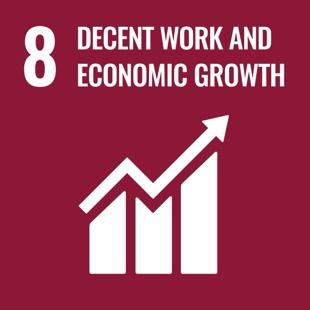
The report identifies significant implications for maintaining workplace well-being. We need to shift our beliefs, behaviours and attitudes towards well-being. Mental and emotional health cannot be separated from work life, and measuring them are part of developing an individual’s ability to manage their emotions constructively. 2 3 4 5 6 7 9 10 11 12 13 14 16 17 18
As UP reviews its strategy for the next decade, we recognise that an enabling culture is central to fulfilling the University’s purpose, advancing its strategic intent and achieving the aspiration of meaningful societal impact. On his arrival in late 2024, the new ViceChancellor and Principal clearly articulated his intention for the institutional culture to be centred on people. Enhancing a people-centric approach to University operations and culture was the first of five strategic perspectives that he outlined to guide the future direction of UP.
However, the quest for a human-centred culture at UP is not new. In the 2023 Sustainable Development Report, we presented an emerging approach to developing a human-centred culture. Given the novel approach, 2023 and 2024 were primarily used to test and validate the methodology for its suitability in application across academic and professional functions.
As the process evolved, the approach was presented to the Institutional Transformation Committee, which provides oversight on progress in transformation efforts across the University, and to deans of faculties and directors of professional departments. A wide range of faculties participated, including the Faculties of Engineering, Built Environment and Information Technology; Education; Theology and Religion; Health Sciences; and Veterinary Science. The initiative is described in the 2024 Sustainable Development Report.
GIBS produces first Workplace Well-Being Report for South Africa
During the year, GIBS produced South Africa’s first Workplace Well-Being Report in collaboration with October Health. The report provides insight into the overall well-being of working South Africans and aims to track this over time. It was based on a sample of 500 local participants across six dimensions: mental, physical, social, emotional, work and financial well-being. It also considered the drivers of well-being by measuring them across demographics, as well as the impact of hybrid work.
The report found that, while people experience increased levels of stress, since the COVID-19 pandemic they also feel more empowered to speak about their mental health. Notwithstanding the challenges, workers have cultivated strong coping mechanisms and support systems that allow them to maintain high levels of overall well-being. Apart from financial well-being, scores across the other dimensions were generally high, indicating remarkable levels of fortitude among workers.
UP confronts the ‘silent epidemic’ of workplace bullying in the digital age
In recognition of International Workplace Bullying Awareness Week in October 2024, UP’s Centre for the Future of Work hosted an open event to discuss workplace bullying. Amid a rapidly evolving working landscape, workplace bullying is becoming what experts call a silent epidemic, where emotional and psychological damage is inflicted on individuals, thereby eroding the foundations of professional relationships and workplace culture.
The event brought together leaders and practitioners from different sectors to engage on the implications of workplace bullying, and the need to prioritise mental health and wellness and foster psychological safety in workplaces. The introduction of hybrid and digital work models brought with it added complexity, increasing the urgency to confront the issue.
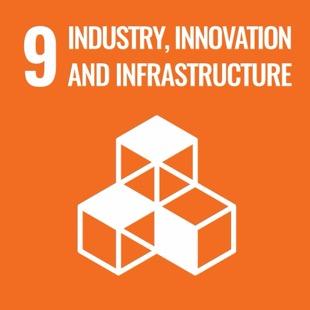
Through the partnership, programmes will be grounded in evidence-informed entrepreneurial activity, in collaboration with universities in East and West Africa. Incorporating input from institutions in Ghana, Kenya and South Africa, the Absa Entrepreneurship Index will be launched in 2025. 3 4 5 6 7 10 11 12 13 14 17 18
Sci-Enza Skills Lab: Preparing young minds for a future in STEM
The demand for skilled young people in science, technology, engineering and mathematics (STEM) fields has never been greater. Yet many students enter higher education without the skills necessary to succeed in STEM disciplines.
UP’s science centre, Sci-Enza, launched its first Skills Lab session in July 2024. This innovative programme equips learners in Grades 7 to12 with fundamental skills for success in STEM.
The Sci-Enza Skills Lab focuses on key areas that are essential for success outside of the classroom. It emphasises critical thinking, problem-solving, research skills, communication, collaboration, time management, technological proficiency, mathematical skills, emotional intelligence, resilience and curiosity.
During the July holiday programme, learners were also introduced to the concept of design thinking, which encourages a human-centred approach to problemsolving, and fosters creativity and innovation with the practical application of theoretical knowledge.
Through an immersive experience with hands-on activities and collaborative projects, the learners learned to empathise with users, define problems from a user perspective, ideate solutions, and prototype and test their ideas.
In August 2024, GIBS and financial services company Absa established the Absa Chair in Entrepreneurship, which will serve as a collaboration to ignite Africa’s entrepreneurial spirit. The initiative marks a significant milestone in the two entities’ commitment to fostering innovation and entrepreneurship in South Africa and Africa. The partnership will oversee the establishment of various programmes, including a school-based incubation hub, practice-based research, thought leadership and the creation of the Absa African Entrepreneurship Index.
The school-based incubation programme targets youth in school, recognising that young people who are enterprising and entrepreneurially minded play an important role in shaping the future of our continent. It will include establishing hubs of entrepreneurial activities within schools and train teachers to become advocates for start-ups. The programme will position entrepreneurship as a viable career choice among high school students and school leavers. Additionally, a scalable implementation model will be established for South Africa and partner schools in Kenya and Ghana.
Transcultural learning with Mamelodi Business Hub entrepreneurs and Zeppelin University students
In July 2024, UP hosted entrepreneurs from the Mamelodi Business Hub and international students from Germany, Brazil, Vietnam and Poland. The week-long engagement was arranged as a collaboration between the Sustainable Development Solutions Network South Africa hosted by UP and the Transcultural Student Research Group (TSRG).
The visit focused on sustainability and transcultural collaboration in the Global North and Global South and brought together students and experts to foster international cooperation and develop solutions for pressing global concerns. Engaging with an entrepreneurship hub located in a township offered participants a unique opportunity to witness successful businesses started by young innovators from the township.
Scholarly output for SDG 9
SDG 9: Industry, Innovation and Infrastructure
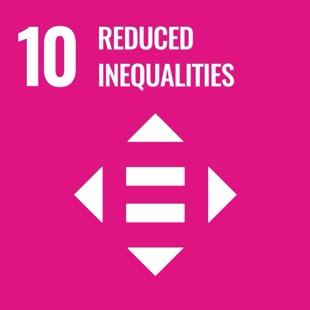
Targeted mechanisms, however, have greater pro-poor impacts. These findings are important to determine approaches to policy formulation and approaches to beneficiary targeting. 4 5 6 7 11 12 13 14 18
The UP Anti-discrimination and Harassment Policy
Discrimination and harassment are key features of inequality. To this end, in 2024 UP revised the institutional Anti-discrimination and Harassment Policy, with the next revision due in 2029.
Through the policy, UP seeks to build an inclusive, affirming and transformed institutional culture, curriculum and campus and residence life.
The University of Pretoria rejects and condemns racism, sexism, homophobia, transphobia, xenophobia, ethnic chauvinism, religious intolerance, unfair discrimination, hate speech, sexual harassment and harassment based on other prohibited grounds, gender-based violence and violence based on other prohibited grounds; and retaliation, in all its forms. The University of Pretoria commits itself to the eradication of these practices.
This policy aims to create an enabling framework to ensure the establishment and maintenance of a positive and transformed institutional culture and to prevent and redress individual, structural and systemic forms of discrimination and exclusion and to ensure procedural as well as substantive justice.
It is recognised that, to build an inclusive, affirming and transformed University, the policy must translate into day-to-day efforts by the entire UP community.
Therefore, the policy is coupled to a detailed operations manual for its effective implementation. It is also linked to active Trans and Religious Observance Protocols.
Possible welfare benefits of basic income support: Evidence from a benefit incidence analysis in South Africa
South Africa remains one of the most unequal countries in the world. The country’s per-capita expenditure Gini coefficient, a measure of how spending from income is distributed, stands at 0.65. This puts it among countries with the most unequal distribution of spending globally. In 2023, nearly 55% of the population were living in poverty, with the country experiencing one of the world’s highest unemployment rates.
In 2024, researchers from UP’s Faculty of Economic and Management Sciences in collaboration with academics from Sol Plaatje and Teesside Universities published a paper investigating the contribution of basic income support (BIS) to reducing poverty and inequality in South Africa. Different options for BIS targeting different sets of beneficiaries were also investigated, showing different risk-benefit profiles.
Through economic modelling, the research showed that BIS can contribute to reducing poverty and equality.
It was found that, while universal BIS is more costly and has a greater impact on poverty reduction, it is also associated with greater leakage to the non-poor.
UP part of outreach initiative to empower young girls through menstrual health education
The Onderstepoort Postgraduate Student Association of the University of Pretoria’s Faculty of Veterinary Science recently partnered with Sanlam’s Spectroplan BlueStar financial services to make an impact on the lives of young girls at St Camillus Primary School in Hammanskraal, Gauteng.
A total of 86 schoolgirls were gifted with Flo Kits from Palesa Pads, which makes high-quality reusable cloth sanitary pads. These products offer comfort, are odourfree and can significantly reduce menstrual cramps due to the absence of toxic chemicals. Moreover, they are leak-free, easy to wash and can be used for up to five years. The learners also participated in an educational session about hygiene and menstrual cycles. The educational outreach extended to boys, to whom talks about drug abuse, peer pressure and gender-based violence were presented.
Scholarly output for SDG 10
SDG 10: Reduced Inequalities
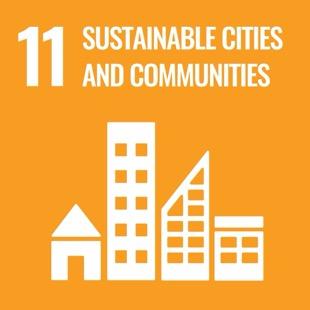
6 7 12 13 14
Moja Gabedi: From waste to a thriving community engagement hub
Once an unofficial rubbish dump and a hotspot for illegal activity, Moja Gabedi at 384 Festival Street in Hatfield is now a thriving community engagement hub. What was once an eyesore is now a lush urban garden, a centre for student learning and a safe, green haven for the local community.
Led by the Unit for Community Engagement in UP’s Department for Education Innovation, rehabilitation of Moja Gabedi began in 2019. Through clean-up operations, 3 000 tons of waste were replaced by 3 000 tons of topsoil and 200 tons of compost. Homeless people who lived on the site were relocated to a nearby shelter with better support structures. Trees were planted, gardens cultivated and temporary structures erected to serve as therapy centres and community meeting spaces.
The project grew over five years, attracting students and community members alike. In 2024 alone, 183 students from various disciplines and faculties contributed to Moja Gabedi. Their work ranged from food production research and environmental rehabilitation to occupational therapy sessions for vulnerable community members.
The transformation of Moja Gabedi extends beyond its physical landscape. The project has become a symbol of urban regeneration, drawing in more than 622 community members in 2024.
programme prepares UP theology students for mission work, outreach and activism
During the year, UP’s Faculty of Theology and Religion launched Iziko, a formation programme for students considering careers in ministry and missions, outreach and activism after graduation. These are key vehicles through which they can transform their communities.
The term ‘iziko’ comes from isiXhosa and roughly translates as ‘hearth’. The hearth is traditionally and symbolically the social centre of a home and is associated with warmth, kinship and the spirit of the ancestors. As such, an ‘iziko’ is the place to gather, nourish body and soul, and share stories, with knowledge being passed from one generation to the next.
In addition to reflective sessions, the programme combines academic studies with community involvement, real-world ministry experience and spiritual development. This is particularly important in a multifaceted, multicultural society with different histories, worldviews and spiritual concerns. Experiential learning and community engagement help participants to connect with the experiences of individuals and societies as these are often intertwined with the fields of religion and theology. Community-based projects and activities offer a personal look at how religious practices and beliefs affect people’s lives and strengthen their understanding of the social aspects of theology.
Ovuwa cultural ensemble wins at 2024 SATMA Awards
Located in the School of Arts, UP’s Ovuwa cultural ensemble is open to students from all faculties. The group featured at the South African Traditional Music Achievements (SATMA) Awards, winning the award for Best Traditional Group/Artist of an Institution of Higher Learning. Launched in 2006, the awards celebrate South Africa’s array of musical cultures and aim to bring all races and ethnicities together.
UP’s Ovuwa performs a repertoire of traditional African songs and dances, showcasing the diversity of South African cultures. Its performances also include the musical traditions of Zimbabwe, Uganda, Rwanda and other African countries. Accompanied by indigenous percussive instruments, the ensemble presents these artforms with authenticity and respect. They perform in every official South African language, including Khoisan, making Ovuwa a truly unique group in the higher education space.
Scholarly output for SDG 11
SDG 11: Sustainable Cities and Communities
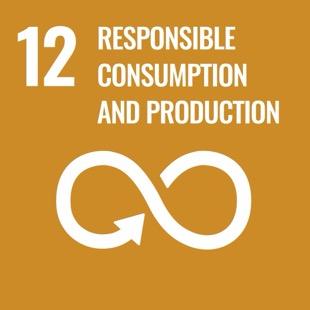
Navigating an evolving regulatory environment
The University utilises a significant amount of water due to its campus facilities, student and staff populations, and various research and laboratory-intensive programmes. For UP, balancing water consumption with sustainability goals continues to be a priority, as excessive water use has an impact on the environment and increases operating costs with risks to the institution’s long-term resilience.
UP reports comprehensive data on water usage, tracking total water withdrawal, consumption and discharge by source. In meeting its commitments, the University engages in water stewardship by implementing conservation strategies, and reporting transparently on water risks, efficiency initiatives and consumption impacts. Guided by the UP Water Management Policy, the institution works towards strengthening a culture of water conservation and sustainable water use.
A detailed Water Management Plan translates the policy into a coherent, coordinated set of actions. All activities are conducted within the applicable legal framework.
Reducing the University’s large-scale landscape water use has been addressed by introducing water-efficient irrigation systems, implementing water-wise gardening and using recovered water sources. Reclaimed water is safely used, and rainwater is harvested and stored wherever possible.
As the regulatory environment continues to evolve, UP can expect increasingly stringent compliance requirements in the area of resource efficiency. As part of South Africa’s broader goal to reduce energy utilisation in support of global climate commitments, Energy Performance Certification (EPC) will become compulsory for structures that are bigger than 1 000 square metres (m2). Affected buildings will be required to display energy performance ratings to reflect their efficiency and overall energy consumption. Compliance deadlines will be determined as legislative processes evolve.
In light of this, the University is assessing and certifying the energy performance of its qualifying buildings and implementing further energy-efficient interventions. The process includes conducting detailed energy audits to determine baseline consumption levels; identifying opportunities for improving energy efficiency; and implementing upgrades such as installing energyefficient lighting systems and heating, ventilation and air conditioning systems.
In a related initiative, the Department of Facilities Management has introduced a cutting-edge Smart Campus automation and reporting system to enhance its sustainability efforts and streamline operational efficiency. The system allows for precise, data-driven decision-making to address inefficiencies and optimise resource use.
Circular textile solutions for community empowerment: The Clothes to Good (CTG) case
Escalating volumes of post-consumer textile waste represent a critical sustainability challenge for the global fashion and textile industry.
Against this background Clothes to Good (CTG), a hybrid social enterprise tackling textile waste while creating inclusive economic opportunities established a collaboration with UP’s Department of Consumer and Food Sciences. From 2022 CTG was incorporated into the Textiles (TKS 411) Clothing Retail Management module as a service-learning curriculum-based community engagement project.
This collaboration gives students the opportunity to apply their theoretical knowledge to pressing sustainability challenges, while contributing directly to CTG’s recycling and disability empowerment mission.
Scholarly output for SDG 12

UP extends carbon footprint reporting to Scope 3
In keeping with its environmental stewardship role, since 2017, UP has been measuring and reporting on its greenhouse-gas (GHG) emissions and carbon footprint. Historic reports were limited to Scopes 1 and 2, which cover direct emissions and those related to purchased electricity.
During 2024, the University broadened its reporting by including Scope 3 emissions, incorporating indirect activities and sources of emissions such as purchased goods, employee commuting and waste generation. While Scope 1 and Scope 2 emissions encompass those from direct operations and purchased electricity, Scope 3 reveals the environmental impact of UP’s extended activities and relationships, providing a fuller picture of its contributions to greenhouse-gas emissions. The expanded reporting was coupled with setting an aspiration for net-zero emissions by 2050, in line with national and global commitments.
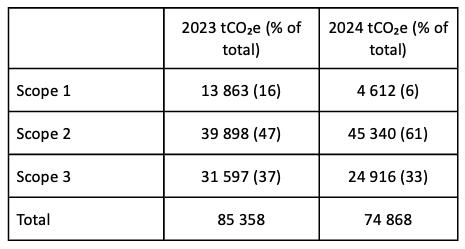
UP and Cornell University establish Centre for Transformative Infectious Disease Research on Climate, Health and Equity
In 2024, the University of Pretoria and Cornell University’s College of Veterinary Medicine received a grant from the US’s National Institutes of Health to establish the Centre for Transformative Infectious Disease Research on Climate, Health and Equity in a Changing Environment (C-CHANGE).
The intersections between climate change, infectious diseases, health and equity are shaping an emerging and complex global challenge. For instance, climate change is accelerating the spread of diseases transmitted by mosquitos and ticks, as well as increasing the risk of zoonotic viruses spilling over from animals to humans. In our globally connected world, the threat of novel pandemics is steadily increasing.
C-CHANGE aims to address these challenges through collaborations between faculty and students from both UP and Cornell. It is becoming increasingly relevant to offer new solutions to the impact of climate change on human health; this requires foresight and anticipation coupled with rigorous research that can be rapidly translated into practice.
The first major project will focus on viral pathogen spillover, and will investigate the effects of climate extremes and land use changes on wildlife stress and increased viral shedding and human interactions that facilitate viral spillover events.
The BRAIN-XTRM Lab (Business Risks, Artificial Intelligence, and Natural Extremes) is housed in the Faculty of Economic and Management Sciences. The lab complements UP’s commitment to advancing SDG 13.
Work undertaken through the lab seeks to accelerate the transition of businesses towards a low-carbon economy and a truly sustainable future. This entails driving transdisciplinary research, collaborating with industry, government and academic stakeholders to craft sustainable business strategies in the face of climaterelated risks. Data-driven insights and practical tools and frameworks empower businesses to align profitability with planetary stewardship.
The lab’s community outreach involves partnering with local communities and business, offering training and capacity building programmes and advocating for sustainable economic policies.
Scholarly output for SDG 13
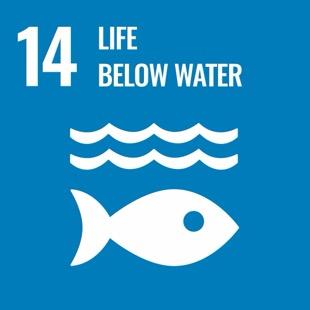
UP joins Asia-Africa BlueTech Superhighway in using climate-smart tech to reduce fish loss and waste
The southern African marine environment is considered a climate change hotspot, as conditions are changing faster than predicted. The Marine Genomics group at the University of Pretoria was established in 2021 and focuses on using genomic tools to understand the evolutionary history of marine species around southern Africa, with a strong emphasis on providing information for conservation and management plans.
The group explores how historical oceanographic features influenced the evolution of marine fishes, and how on-going climate change will impact these. Severe biological, ecological, evolutionary and socio-economic consequences for marine species and fishery industries alike are anticipated.
Understanding how commercially exploited marine species, in particular transboundary species, will react to on-going climate change is thus fundamental to ensuring the long-term maintenance of marine biodiversity and that sustainable fishing can proceed.
The group currently works across multiple species in southern Africa, such as Cape hakes (Merluccius paradoxus and M. capensis), anchovy (Engraulis capensis), red roman (Chrysoblephus laticeps), St Joseph shark (Callorhinchus capensis) and pyjama sharks (Poroderma africanum). Low coverage whole genome sequencing, as well as reduced-representation sequencing are used to assess population genomics, detect local adaptation, and forecast changes.
With the world population set to reach 9.8 billion by 2050, providing affordable, safe, nutritious food for everyone is an enormous challenge. Aquatic foods offer viable and sustainable nutrition solutions, but coastal communities and their associated habitats face a significant threat from climate change. This is compounded by a lack of access to technology.
UP’s Department of Consumer and Food Sciences is contracted to work with the Africa-Asia BlueTech Superhighway on the expansion of climate-smart technologies to reduce fish loss and waste. The overarching project, which has a budget of £44.5 million (almost R1 billion), is part of the UK’s Climate and Ocean Adaptation and Transition programme of the Blue Planet Fund. The seven-year initiative is being carried out in two phases, with Phase 1 being implemented from 2023 to 2027 in Nigeria, Kenya, Mozambique, Bangladesh and Tanzania. UP’s work will focus mainly on small fisheries along the coast of Mozambique and seaweed valorisation in Tanzania.
The Department of Consumer and Food Sciences will develop a small off-grid-powered modular processing prototype drying unit. The unit will fit inside a shipping container and use hurdle technology and hygienic design for the indirect solar drying of fish. The team will also work on novel drying technologies to produce high-value food products. 8 9 10 11 12 13 14 15 16 17 18
African Links – Building African Marine Mammal Research Capacity
South Africa, through the South African National Antarctic Programme (SANAP), has regular access to the Southern Ocean and is the only African country involved in Antarctic research.
Many migratory whale species utilise the waters of coastal sub-Saharan countries within their winter breeding migratory cycles. There is considerable scope to extend certain large whale and other marine mammal research projects into Namibian, Mozambican and Angolan waters.
The Whale Unit of UP’s Mammal Research Institute (MRI) is exploring the identification of partners and research institutions for this initiative. Through such an access platform African cetacean biologists can participate in Antarctic and Southern Ocean ecosystems research and study these species across their entire range.
Scholarly output for SDG 14

UP part of worldwide study that offers hope for biodiversity conservation
Researchers from the Faculty of Natural and Agricultural Sciences have been part of a groundbreaking international study to understand how plants found in drylands have adapted to these extreme habitats. The results of this large-scale study, which involved 120 scientists from 27 countries, were published in the scientific journal Nature and have significant implications for protecting biodiversity as the planet warms and regions become drier.
Over an eight-year period, teams collected samples from hundreds of selected dryland plots across six continents. UP researchers contributed data sets from South African drylands, with sampling being carried out in the vicinities of Graaff Reinet and Prince Albert in the central Karoo, and around Lichtenburg in the North-West. These sites provided unique data as South Africa’s drylands are particularly rich in plant species compared with many of the other sites included in the study.
The study shows that plants in arid zones adopt various survival strategies and that, surprisingly, this diversity increases with aridity levels. The spatial isolation of plants in more arid zones appears to have reduced competition between species, allowing them to express a greater diversity of forms and functions, with dryland plants displaying double the functional diversity found in wetter zones.
Faculty of Veterinary Science and Red Meat Industry Services assist communal and emerging farmers
The Faculty of Veterinary Science and Red Meat Industry Services (RMIS) hosted a farmer’s day for communal and emerging farmers in the Bojanala District, North-West. During the event, 176 cattle were identified, aged and vaccinated. This was part of a programme that aims to uplift communal and emerging farmers.
RMIS provided their mobile processing unit for tagging, ageing and vaccination. The unit, which includes a body crush and neck clamp, tag scanner and electronic scale, is a breakthrough in livestock management as it is designed to provide farmers with essential livestock services on-site. The fully equipped mobile facility supports livestock tagging, branding, dehorning and vaccinating at high standards of biosecurity and animal welfare.
UP’s Production Animal Clinic team – which comprised a veterinarian, an animal health technician and eight students – provided medication and vaccines, including for lumpy skin disease, anthrax, botulism, blackleg and parasitic infections.
The multistakeholder collaboration was a resounding success, with the target of 150 cattle being exceeded. Recording information on the herds enables all stakeholders to enhance biosecurity for market entry, as the animals have been tagged and bio-fenced.
UP’s Faculty of Theology and Religion hosts ecotheology retreat
In July 2024, UP’s Faculty of Theology and Religion in partnership with its Centre for Faith and Community hosted an eco-theology retreat. Attendees included theology students, the faculty’s dean and several lecturers; students from the Tshwane University of Technology and the University of South Africa; as well as two members from the Leadership for Conservation in Africa group.
During the week-long retreat, participants co-existed as a community, immersing themselves in nature through bush walks and game drives with reflective conversations to illustrate practical applications of biblical teachings. Participants experienced profound transformations in their understanding of eco-theology. Intrinsic connections between theology and ecology emerged, with a deepened appreciation of nature and creation.
Scholarly output for SDG 15
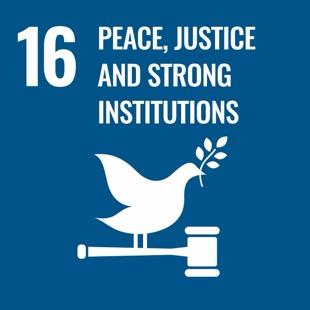
Institutional governance framework
The University of Pretoria upholds the highest standards of good governance, ensuring transparency, accountability, and integrity across all its operations and activities. As a public Higher Education Institution (HEI), we strive to foster an environment that supports academic excellence, operational efficiency, and public trust locally, nationally and globally.
The first UP Council-approved Institutional Governance Framework was authorised in 2024 and remains active until 2029. The framework is underpinned by five governance principles:
• Accountability
• Transparency
• Integrity
• Inclusivity
• Strategic leadership
The hierarchy of University governance structures is clarified. These enable broad participation of all constituencies within the University community.
Additionally, the framework gives special attention to decision-making and accountability, stakeholder engagement and compliance and ethical standards.
In support of our mission and values, the framework promotes academic excellence and seeks to serve the best interests of the University and the broader community to enhance our impact and uphold the trust placed in us by the public.
Faculty of Law hosts 2024 African Mining Legislation Atlas workshop
The 2024 African Mining Legislation Atlas (AMLA) workshop was hosted by UP’s Faculty of Law in partnership with the City of Tshwane. The gathering also commemorated the 10th anniversary of AMLA, and its decade-long contribution to enabling African states through accessible and uniform mining legislation that promotes sustainable practices.
The event brought together academics, policymakers, legal professionals and industry stakeholders to discuss advances and challenges in Africa’s mining legislation landscape. Hosting the dialogue demonstrates the University’s role as a strategic convenor and affirms the faculty’s dedication to progressive legal research, governance and resource management.
Guided by global experts, the discussions included a critical analysis of mining governance, the foundations of mining operations and legislation, mining regulations, and the importance of openness, equitable resource sharing and governance improvements in Africa.
The need for multidisciplinary and collaborative approaches was emphasised, including their role in establishing legal agreements and international collaborations that promote effective governance and sustainable practices. The workshop contributed to building networks dedicated to sustainable, equitable development.
National Schools Moot Competition continues to shape future legal practitioners
The Centre for Human Rights in UP’s Faculty of Law continues to co-host the annual National Schools
Moot Court competition with the Department of Basic Education, Department of Justice and South African Human Rights Commission. Now in its 14th instalment, the competition is instrumental in introducing students to a possible legal career as they compete in district, regional and provincial rounds to qualify for the national oral rounds.
The contest trains competitors in the research, writing and oral communication skills needed to present their arguments in front of judges in a real-world courtroom setting. Students are provided with a resource bundle that includes essay writing and oral pleading guidelines to help them prepare arguments for hypothetical cases. With involvement of the Deputy Ministers of Basic Education, and Justice and Constitutional Development, the competition continues to maintain a high profile.
Scholarly output for SDG 16
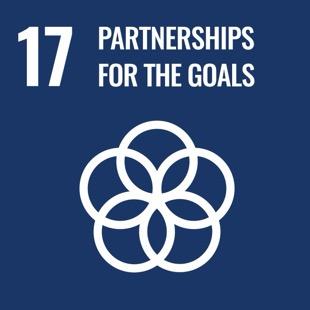
Innovative Engineering Curricula project: Shaping systemic transformation to serve society
UP is leading a bold national effort to transform engineering education in South Africa. The Innovative Engineering Curricula (IEC) project, coordinated by UP’s Professor Lelanie Smith and funded by the Royal Academy of Engineering and South Africa’s University Capacity Development Programme, is reimagining how engineers are trained in order to address real-world challenges.
At its core, the IEC project supports a shift from fragmented curricula to more integrated, future-oriented learning that aligns with sustainability goals and the complex realities of engineering practice.
The initiative brings together 12 of South Africa’s 16 engineering schools, with formal partnerships including University College London, the Engineering Council of South Africa and leading industry bodies.
Rather than duplicating international models, the IEC team has developed a distinctly South African framework for curriculum integration, one that centres the role of the academic as both designer and facilitator of transformative learning.
The project’s collaborative model draws on input from academic staff, accreditation stakeholders, employers and students to ensure relevance and scalability across diverse institutional contexts.
research studies
An innovative international collaborative study led by UP’s Professor Linda Theron of the Department of Educational Psychology is examining the network of risk factors and resilience resources among African youth not in employment, education or training (NEET). The study is in collaboration with peers from the South African Medical Research Council, the University of Ibadan in Nigeria, the University of Leicester and University of Nottingham in the UK, and Dalhousie University in Canada. The research is funded through a Wellcome Discovery Grant.
Large numbers of young people across the continent are battling mental health issues such as depression. Stressors such as poverty make them even more vulnerable to mental illness. Across Africa, one in five young people is NEET, while in South Africa and Nigeria, at least one in three youths is NEET. Such high proportions make African youth disproportionately vulnerable to depression.
The complex study requires the simultaneous measurement of multisystemic factors. The researchers are pioneering a methodology that spans psychological, physiological, biological, structural and physical ecology resources. This differs from most research in the field, which tends to focus on one or two resource categories, without considering how factors across systems combine to support youth well-being.
UP law department and Consumer Goods and Services Ombud bridge gap between academia and industry
UP’s Department of Mercantile Law in the Faculty of Law has established itself as a strategic partner in teaching, research and community engagement that bridges the gap between business and the law. Hosting South Africa’s only master’s degree in Consumer Protection, the Department works to advance social justice and discover answers to societal questions.
In October 2024, the Department established a formal collaboration with the Consumer Goods and Services Ombud (CGSO) to mutually strengthen their respective responsibilities, which include promoting consumer education and raising public awareness on consumer protection. The memorandum of understanding between UP and the CGSO promotes interactions between the academy and industry practitioners, and outlines several areas of cooperation. These include consumer education and community outreach, guest lectures, sharing best practices, establishing a dedicated consumer protection office at the UP Law Clinic, conducting research, and jointly hosting conferences and workshops.
The collaboration is a significant milestone towards bringing academic knowledge and practical experience together. Students gain real-world experience of contemporary issues that face consumers, while the CGSO can tap into UP’s expertise as it responds to the complex, evolving challenges of consumer protection.
The University of Pretoria has long focused on issues related to sustainable development. Over the past six years, this has intensified, and there has been a progressive maturation in UP’s approach to sustainability. This progress has been built on the foundation of preceding years.
Central to our journey has been the integration of sustainable development into the institutional strategy. Consequently, we do not have a standalone sustainability strategy. Rather, sustainability is embedded and intentionally hardwired into the overarching University strategy – our strategy for sustainable development. In this process we are continually learning and seeking to improve.
Anchored on our integrated approach, this SDG report flows from our UP 2024 Sustainable Development Report and serves as a supplement to it. To foreground focus on the SDGs, activities reported on are reorganised to reflect their alignment within the SDG framework.
As we go forward, and as the urgency for accelerated impact for sustainable development increases, we continue to strengthen our resolve for a sustainable future. This resolve will continue to be translated into meaningful, coherent action so that, as individuals and as an institution, our contributions are seen and felt. In this way, we will be known for our agency and influence in effecting societal transformation.
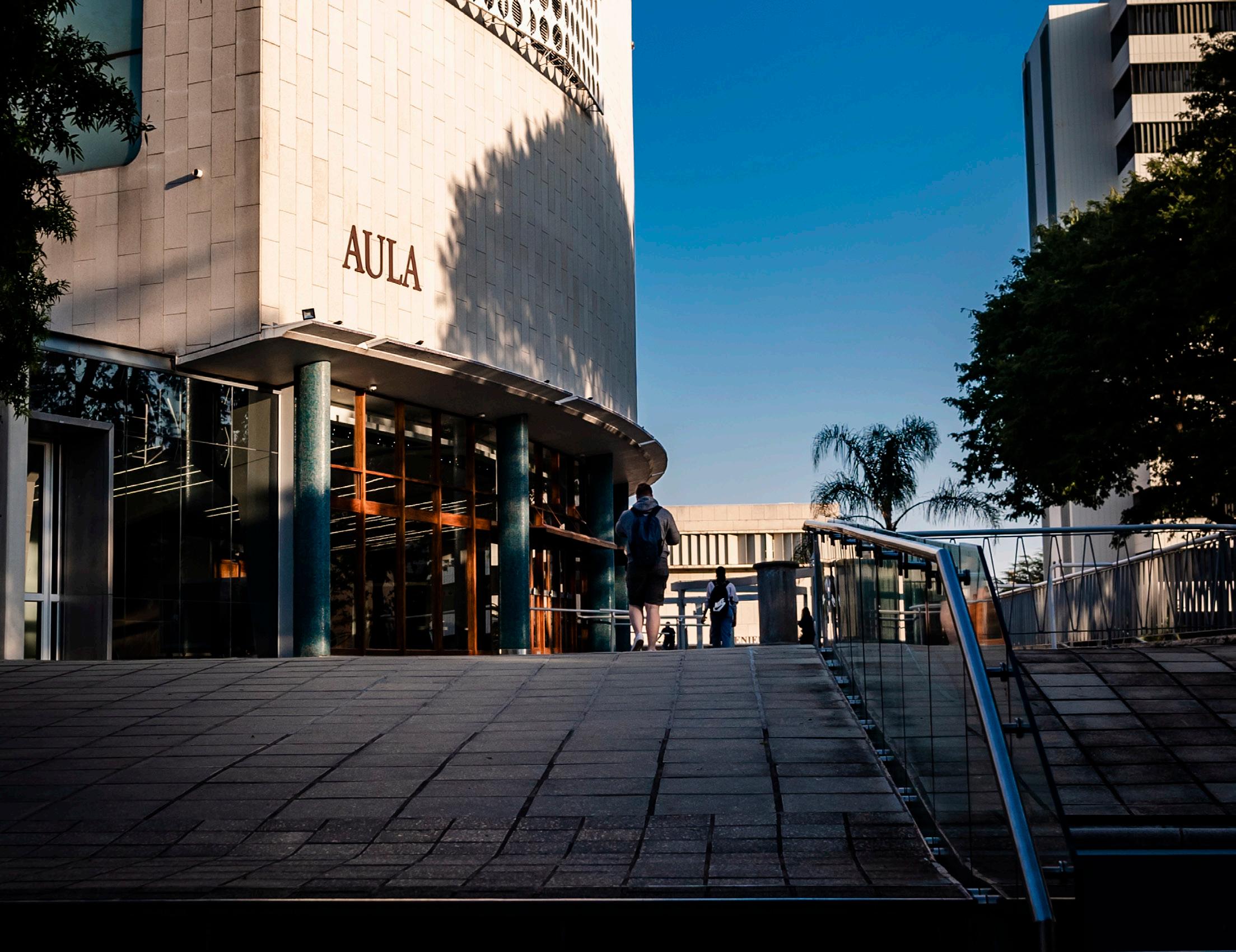
As with all our sustainability related reports, this SDG Report reflects the work, talents and dedication of the entire UP community. Covering academic, professional service and administrative staff and students, they are the people whose efforts and demonstrated commitment make the institution what it is and drive the impact we aspire to.
We acknowledge the UP Executive Team for its authentic commitment to sustainable development and for embedding it into the University’s strategy and culture. We are also grateful for the support provided in preparing this report.
Brian Chicksen, Executive Office, University of Pretoria
Keith Mankgane, Department for Education Innovation
